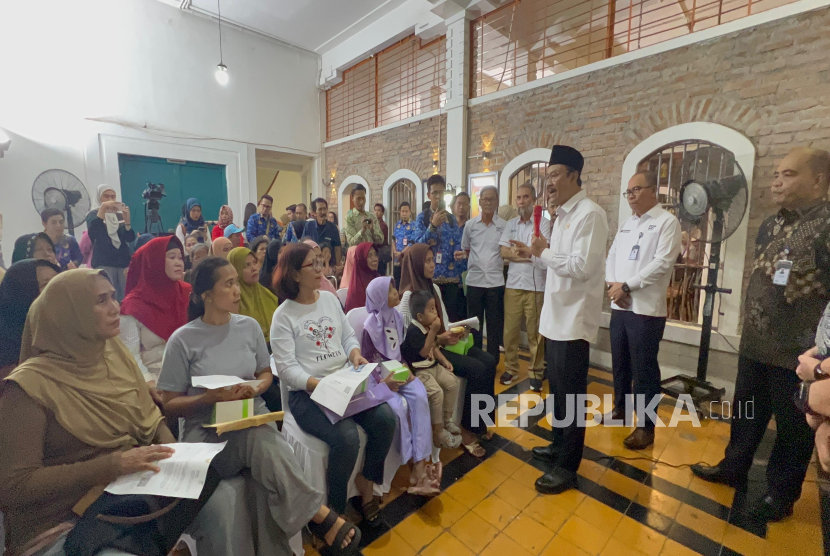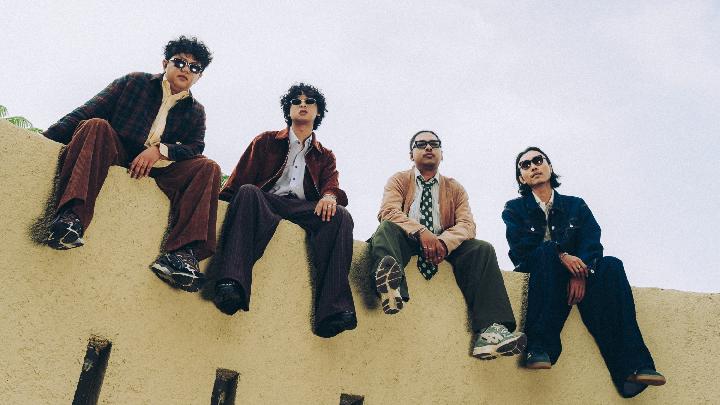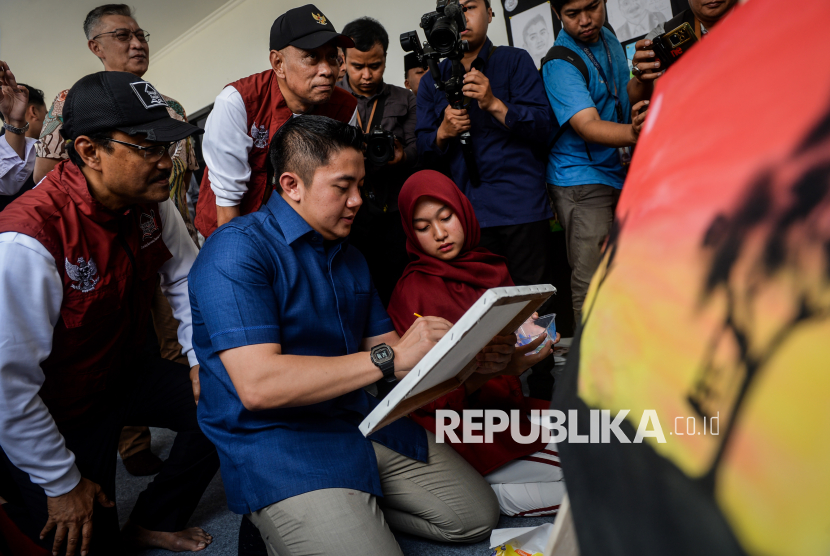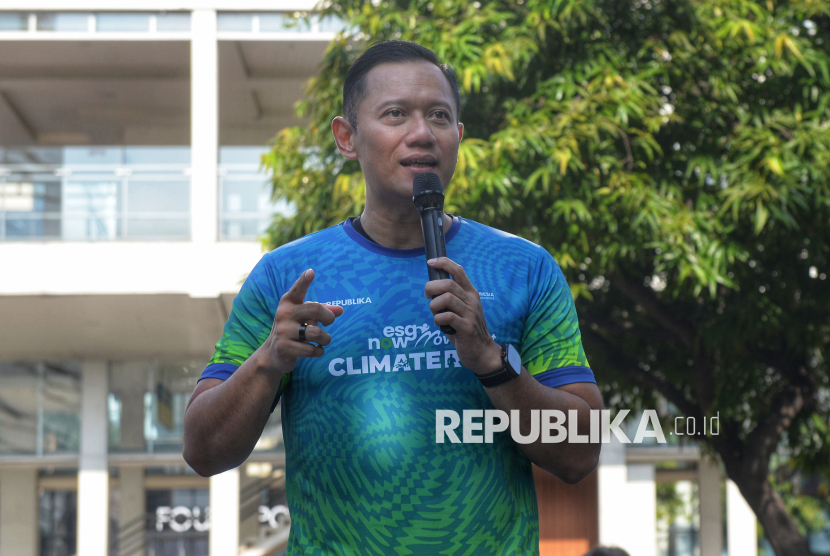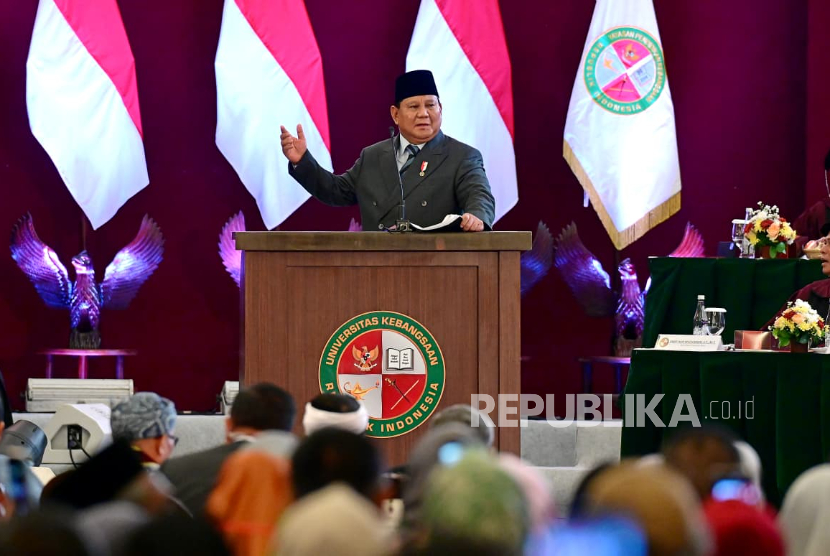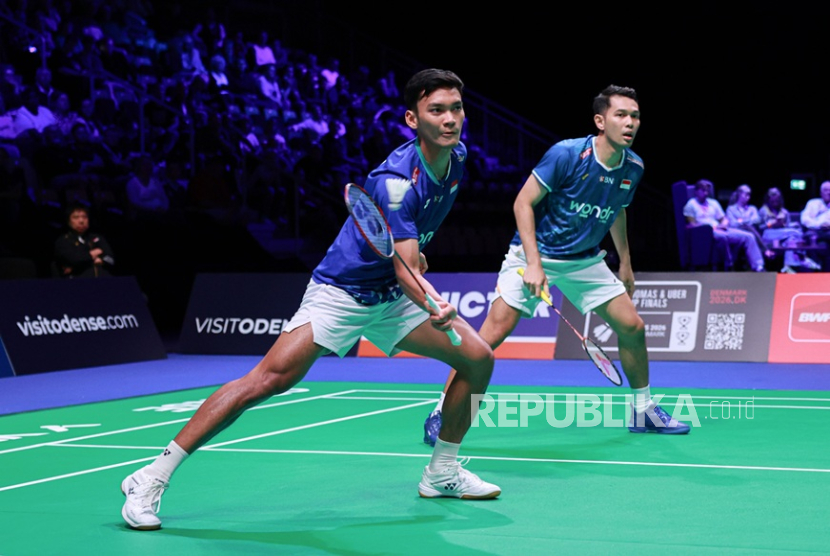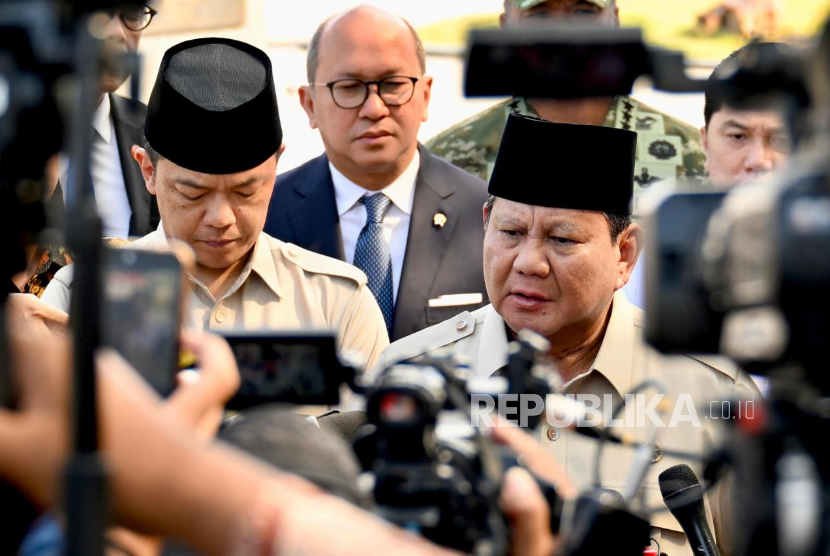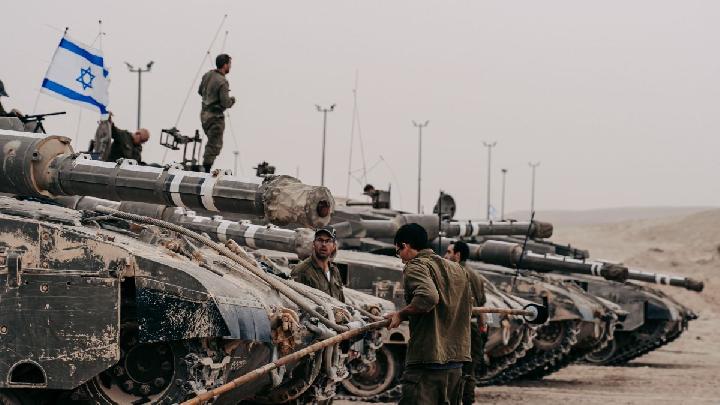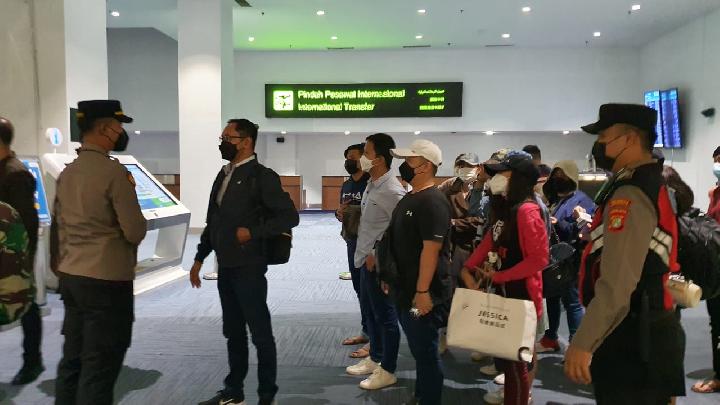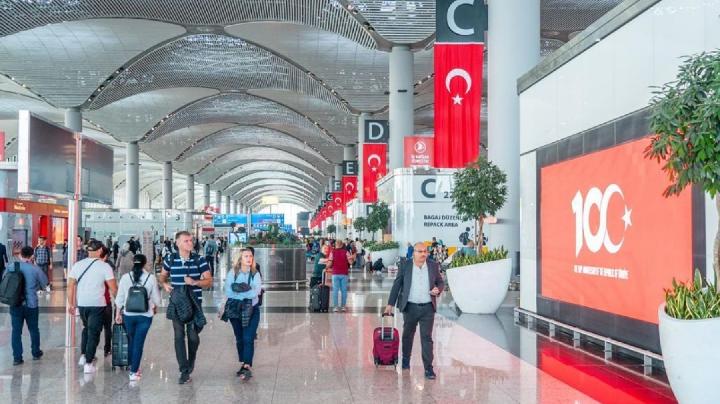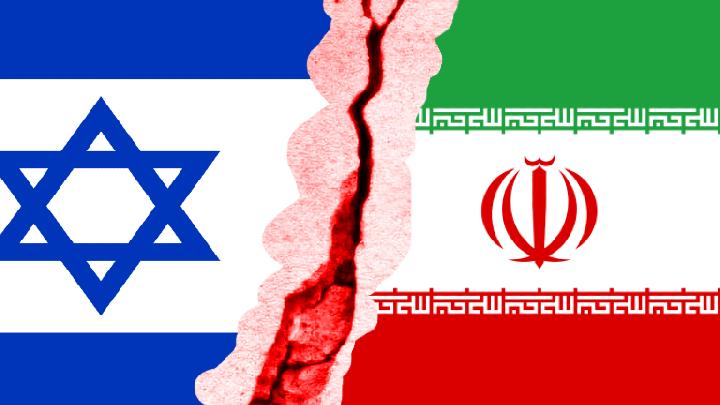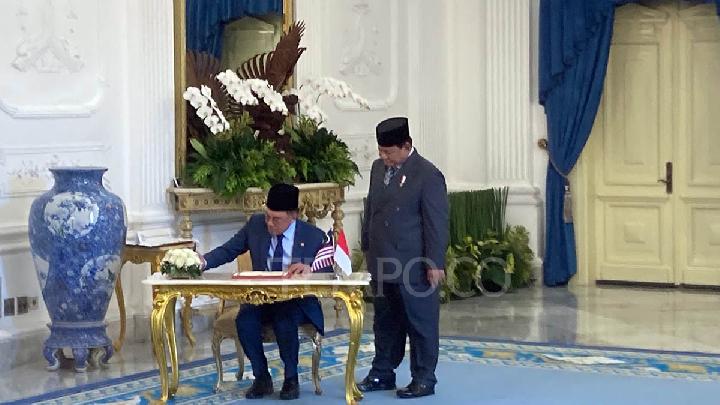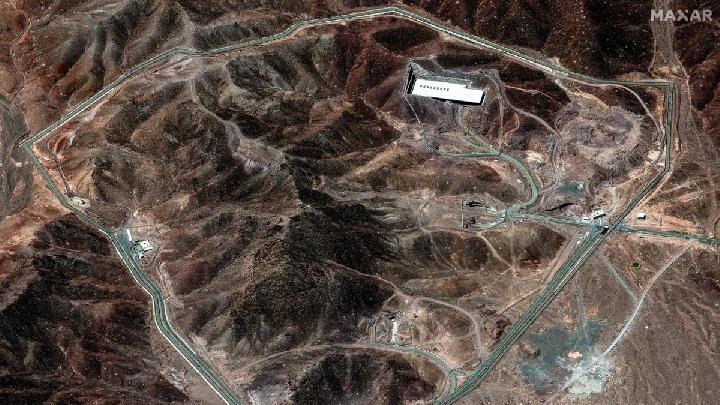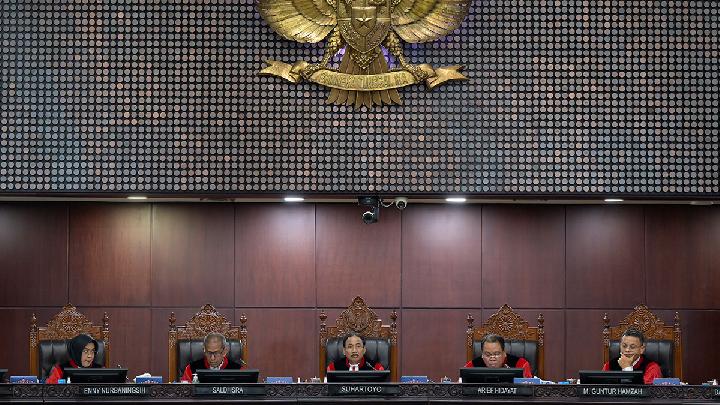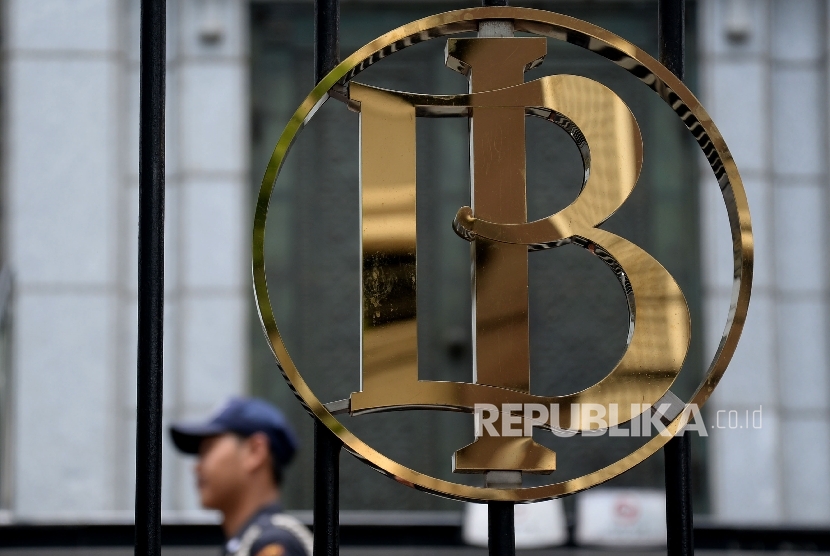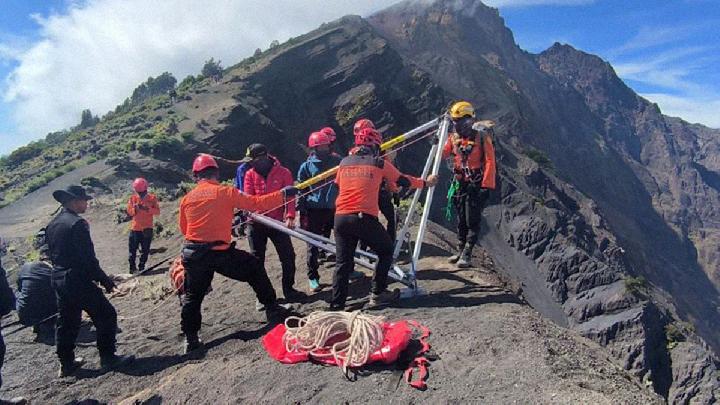
By: Idil Syawfi, Parahyangan Catholic University Bandung.
In recent years, Indonesia has seen a nominal increase in its defense budget, but the rise is negligible in a context that is seeing the start of a new global arms race.
In 2023, Indonesia defense budget was US$ 8.8 billion, rising nominally to Rp US$ 10.6 billion in 2025. However, the percentage of GDP allocated to defence is stagnant. Calculated based on the report, the 2023 budget was 0.7 percent of GDP, increasing by only 0.07 percentage points to 0.77 percent in 2025. This figure remains behind that of other US allies and partner countries in East Asian and Southeast Asian countries, which average 1.85 percent of their GDP.
Indonesia’s GDP itself has increased from Rp 20.9 quadrillion (US$ 1.37 trillion) in 2023 to Rp 24.2 quadrillion (US$ 1.49 trillion) in 2025. The nominal increase in the defence budget can be seen as a response to GDP growth rather than as a commitment to prioritizing the defence sector in the context of the global arms race.
Although Indonesia plans to raise its defence budget to 1.5 percent of GDP in the future, questions remain about its commitment to defence modernization. According to the 2025 defence budget, most of the allocation—51 percent—is for personnel and management support. Modernisation and procurement account for only 40 percent of the budget.
The new National Armed Forces Law grants the Indonesian military a broader scope for non-military operations within the country, such as food security efforts. This creates a greater demand for budgetary support for management and additional personnel. Such resource allocation could potentially limit Indonesia’s ability to contribute to regional stability and security.
The recent procurement of French Rafale and Turkish Kaan fighter aircraft, and interest in procuring Chinese J-10 fighters and Russian SU-35, cannot be viewed as a firm commitment to modernisation or participation in the global arms race. Instead, it reflects the fallout from the failure of the Minimum Essential Forces (MEF) programme to meet its 2024 targets. Indonesia’s military equipment is currently insufficient in quantity and ageing in quality, leaving the government with significant gaps to address in securing national territory.
The wide variation in weapons procurement from multiple countries further highlights Indonesia’s focus on bridging quantitative shortfalls, rather than following a comprehensive grand strategy that considers tactical aspects such as interoperability and a capability-based defence system. The acquisitions are not driven by a desire for the most advanced systems, but rather by market availability. Political considerations continue to outweigh strategic military factors, as Indonesia remains intent on avoiding dependency in its weapons procurement.
During the Shangri-La Dialogue, US Secretary of Defense Pete Hegseth said that US partners and allies in the Indo-Pacific region should increase military spending to counterbalance China’s growing threat. He also highlighted China’s aggressive actions in the South China Sea and the Taiwan Strait as destabilising the region. The Donald Trump administration has called on Asian countries to raise their defence spending to 5 percent of GDP.
Economy down, defence budgets up
Recent years have seen increased defence spending across Asia.
In East Asia alone, military expenditure surged by 7.8 percent in 2024, marking the highest growth since 2009. Japan raised its defence budget by 21 percent, reaching 1.4 percent of GDP. Singapore allocated 2.8 percent of its GDP to defence. However, even with these increases, the defence spending of most Asian countries remains below the levels demanded by the US, which is the largest exporter of arms in the world.
Global military spending rose to US$ 2,718 billion in 2024—the highest level since the end of the Cold War. The increase is widespread, spanning North America, Europe, the Middle East, and Asia. According to the Stockholm International Peace Research Institute (SIPRI), over 100 countries are prioritising the defence sector at the expense of economic and social development.
This rise in defence spending is particularly concerning given the deteriorating global economic situation. After weathering the global pandemic, the world economy now faces considerable uncertainty. Global production has yet to fully recover, and economies are becoming increasingly protectionist.
Donald Trump has proposed a reciprocal tariff policy, introducing a 10 percent tariff on all countries, with even higher rates for those with trade surpluses with the US. This policy has prompted retaliation from other nations, including major economic powers such as China, several European countries, and Canada. The resulting disruption to global supply chains and production has hindered global economic growth. The World Bank projects global growth will reach just 2.3 percent in 2025—the slowest pace outside of a recession since 2008. These economic realities offer no “bonus” to justify recent increases in defence spending.
The true driver of this trend is geopolitical risk. In recent years, the world has witnessed four major conflicts: Russia-Ukraine, Israel-Hamas, Israel-Iran, and India-Pakistan. The Russia-Ukraine war has exposed Europe’s military capability gap relative to Russia and revealed that European countries cannot rely solely on the US for defence. At the most recent NATO summit in June, European countries agreed to raise their defence spending to 5 percent of national income by 2035 to close this gap and meet Trump’s demand to sustain US commitment to NATO.
Meanwhile, geopolitical risks are very real for Indonesia. The country has overlapping claims with China in the South China Sea, and any escalation in the Taiwan Strait or on the Korean Peninsula would directly impact Indonesia.
However, Indonesia’s recent defence modernisation efforts cannot be said to provide a strong deterrent effect. They fall short of addressing the country’s security threats and are far from m
Meeting US expectations for increased defence spending. It can be concluded that Indonesia’s current military modernisation efforts do not align with the global arms race underway today.
Originally published under Creative Commons by 360info™.
*) DISCLAIMER
Articles published in the “Your Views & Stories” section of en.tempo.co website are personal opinions written by third parties, and cannot be related or attributed to en.tempo.co’s official stance.
Anies Baswedan Criticizes Indonesian President's Absence in UN Forums
38 menit lalu
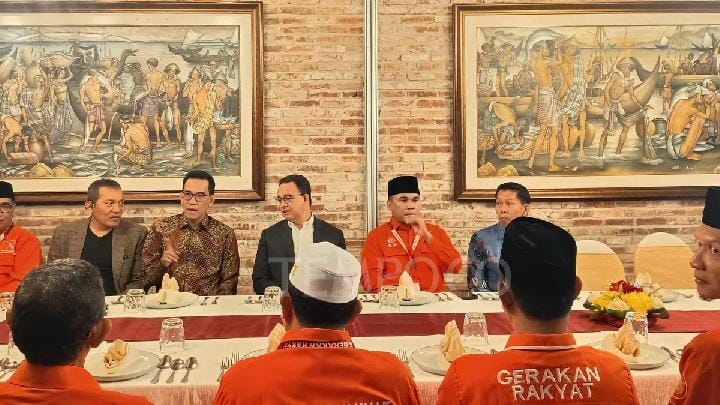
Former Jakarta Governor Anies Baswedan criticizes the absence of the Indonesian President in United Nations (UN) forums in recent years.
Anies Baswedan Addresses Issue of Term Changes in Indonesia's Democratic Practices
1 jam lalu
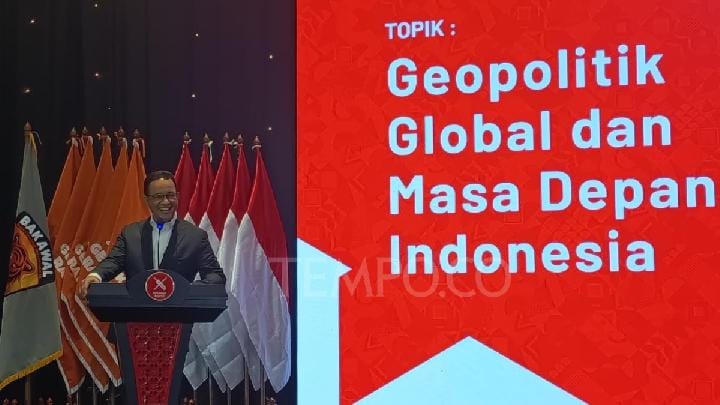
Former Jakarta Governor Anies Baswedan addresses the issue of term changes in democratic practices in Indonesia.
US and China Resurrecting Cold War-Era Ekranoplan 'Sea Monster' Ship
1 jam lalu

A report on the development of new versions of high-speed sea vehicles by the US and China.
Indonesia Explores Idea of Hajj and Umrah via Sea Route
1 jam lalu
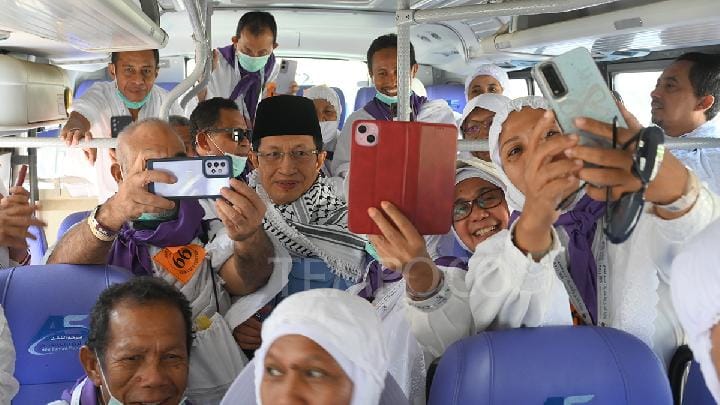
The Ministry of Religious Affairs of Indonesia has expressed that the government is exploring the potential of conducting Hajj and Umrah pilgrimage via sea route.
12 Most Congested Cities in the World
4 jam lalu
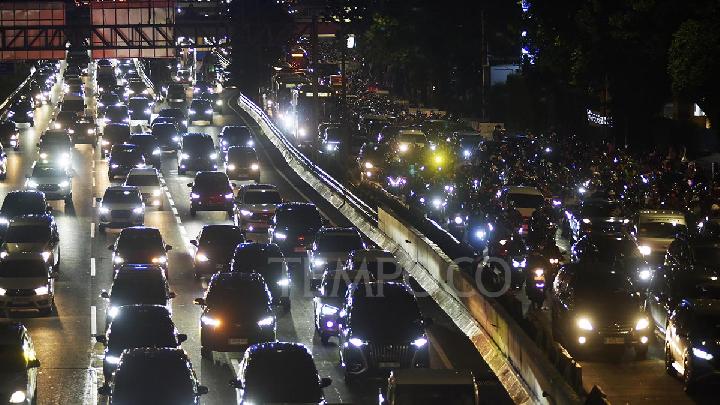
Here are the 12 most congested cities with the longest travel time per 10 kilometers according to the TomTom Traffic Index.
Indonesia Issues Regulation on Compensation for Sexual Violence Victims
6 jam lalu

The Indonesian government will pay compensation to sexual violence victims if the perpetrator is unable to fully pay restitution.
Updated FIFA Rankings for ASEAN: Indonesia and Malaysia Climb Significantly
23 jam lalu

FIFA released its latest rankings on Thursday, July 10, 2025. So, how do Southeast Asian (ASEAN) countries rank?
The Palace Denies Any Link Between Trump's Import Tariffs and Indonesia's BRICS Membership
1 hari lalu
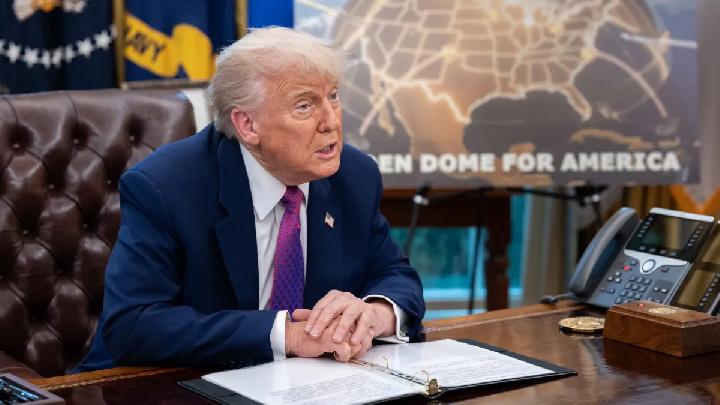
Minister Prasetyo Hadi explained that the United States' import tariffs apply not only to Indonesia but also to other countries.
NATO Must Expand Long-Range Missile Capabilities to Deter Russia
1 hari lalu
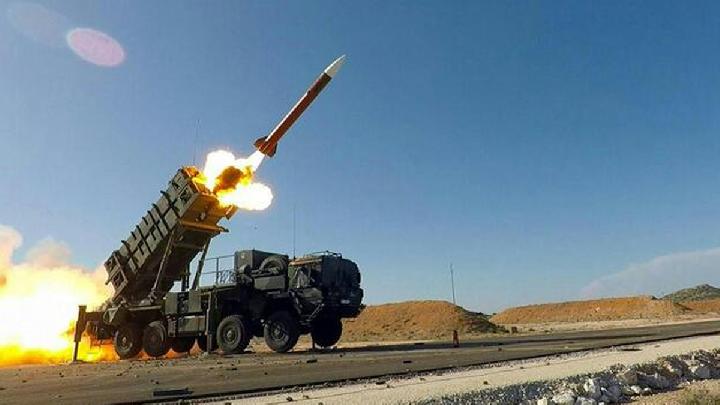
NATO needs to increase long-range missiles to confront Russia. Last June, they also raised their defense spending target.
Indonesia Placed in Pot 3 for 2026 World Cup Qualifiers Round 4 Draw
1 hari lalu

The Indonesian national team is in Pot 3 for the draw of the fourth round of the 2026 World Cup qualification matches, along with Oman.

